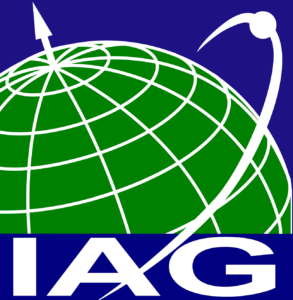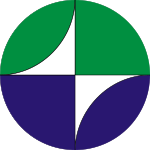JSG T.41 Geodetic quality/integrity modelling, monitoring and design
Chair: Safoora Zaminpardaz (Australia)
Affiliations: Commissions 1,2,3,4
Terms of Reference
Geodetic observations are essential for a variety of applications including positioning, surveying and mapping, deformation monitoring, establishing reference frames, modelling the Earth’s gravitational field, and atmospheric studies. Although, often, there exist well-established mathematical models (null hypothesis) used to estimate application-dependent parameters based on these observations, geodetic data is subject to a series of vulnerabilities, which, if passed unnoticed, make the mathematical model misspecified, thus deteriorating the reliability of the estimation results. Therefore, it is crucial to implement quality control and integrity monitoring mechanisms to ensure that the results produced by the estimation process meet the requirements of the application at hand. This can be achieved through combining parameter estimation with a statistical testing procedure aimed at finding the most likely model misspecification (multiple alternative hypotheses).
In combining estimation with testing, the outcome of testing determines how the parameters of interest get estimated. Therefore, the estimator that is outputted by combined estimation-testing schemes will inherit the characteristics of both the estimation and testing process. However, the customary procedure followed in practice often does not consider the impact of testing on estimation, thus providing faulty quality descriptions. This highlights the need to conduct comprehensive research on the individual elements and their interplay that influence geodetic quality control and integrity monitoring, with the aim of facilitating the development of tailored quality control procedures that are optimal for specific applications.
Objectives
• Characterize the link between statistical testing and parameter estimation in geodetic data processing.
• Develop rigorous quality indicators for the output of combined estimation-testing schemes including confidence region, confidence level and integrity risk.
• Investigate challenges, posed by testing multiple alternative hypotheses of different dimensions.
• Design optimal estimation-testing schemes the output of which meets application dependent requirements.
• Develop computationally-efficient algorithms for evaluating the quality of the output of combined estimation-testing schemes.
• Disseminate the developed algorithms and numerical results through journals and conference proceedings.
Program of Activities
• Presenting research findings at international geodetic conferences, meetings and workshops.
• Interacting with other IAG entities.
• Monitoring research activities of JSG members and other scientists whose research interests are related to scopes of this JSG.
• Organizing working meetings at international symposia.
• Organizing a session at the Hotine-Marussi Symposium 2026.
Members
Safoora Zaminpardaz (Australia), chair
Jinling Wang (Australia)
Vinicius Francisco Rofatto (Brazil)
Krzysztof Nowel (Poland)
Cemal Özer Yiğit (Turkey)
Zhetao Zhang (China)
Ling Yang (China)
Carlos Fortuny Lombraña (Netherlands)
Christian Lisdat (Germany – QuGe representative)



